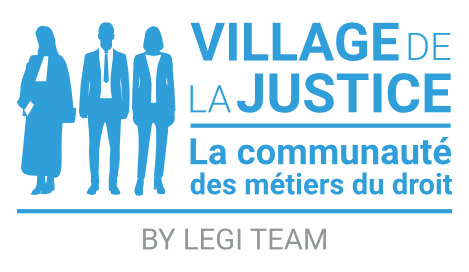Pour lire l’article en français : Décryptage de la loi portant modification du Code du numérique au Bénin. Par Julien Coomlan Hounkpe, Juriste.
Presentation.
On December 10, 2020, the Parliament of Benin approved the Law No. 2020-35 amending the Digital Code Act in the Republic of Benin.
Through an Amendment Act made of four (04) articles, the legislator modified and completed the provisions of Law No. 2017-20 of April 20, 2018 on the Digital Code in the Republic of Benin.
Main changes.
The Amending Law has reviewed articles 121, 125 and 464 of the Digital Code, and introduced the following changes :
![]() the reduction of the number of members involved in the Regulatory Authority for Post and Electronic Communications (Article 1) ;
the reduction of the number of members involved in the Regulatory Authority for Post and Electronic Communications (Article 1) ;
![]() the reduction of the number of members involved in the Personal Data Protection Authority (Article 1) ;
the reduction of the number of members involved in the Personal Data Protection Authority (Article 1) ;
![]() the replacement of the name “Minister of electronic communications and post” by that of “Minister of electronic communications” (Article 2).
the replacement of the name “Minister of electronic communications and post” by that of “Minister of electronic communications” (Article 2).
What prompted the amendment of the Digital Code after two years of its application ?
From the experience of regulation over the past ten years, a great number of councillors is not essential for the execution of the regulatory mission. In addition, the professional profiles of members of the Regulatory Board can justify a reduction of the number of councillors. Finally, it becomes necessary to clarify the responsibility of the Ministry in charge of electronic communications throughout the Digital Code whereby the electronic communications and postal sectors are considered as a single sector.
Thus, the Amendment Act has rationalized the membership of the Regulatory Authority for Post and Electronic Communications, by reducing the number of councillors from nine (09) to five (05). The Amending Law has also simplified the membership of the Personal Data Protection Authority, which is now made up of eight (8) members instead of eleven (11).
In consideration of the above amendments, it‘s safe to conclude that they are indeed adjustments to sustain the Digital Code Law and reinforce its predictability. As a matter of facts, the Digital Code Amendment Act, 2020 has not achieved a noteworthy change of the legal framework governing digital technology in the country.




































